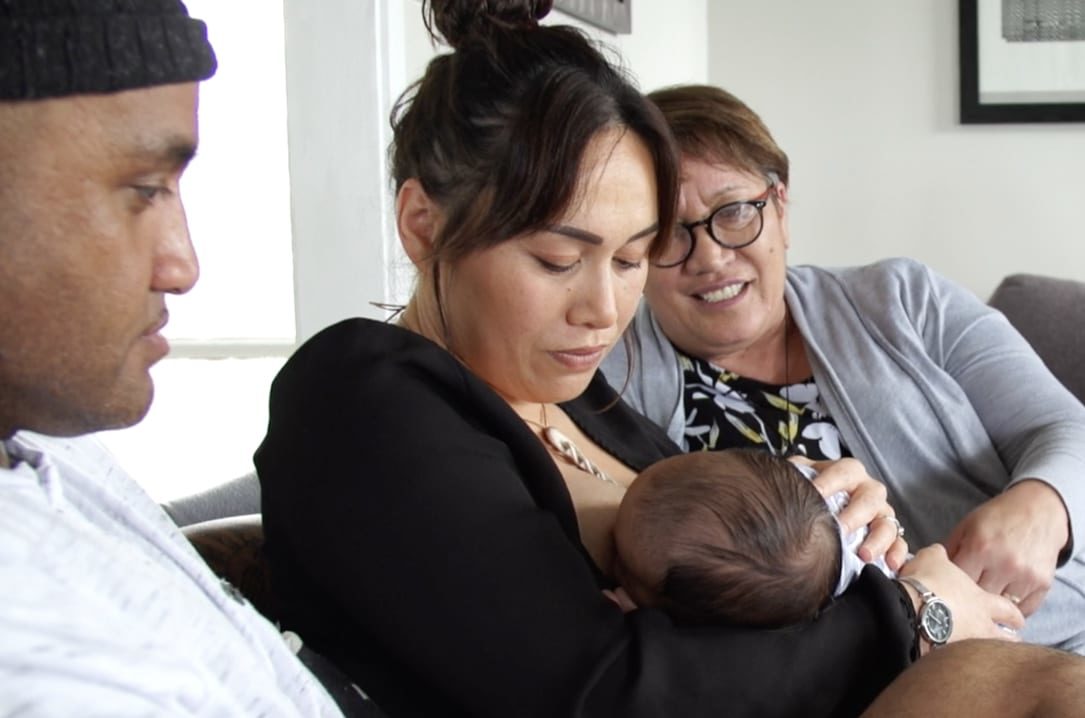01/08/2022
Media Release
New Zealand Breastfeeding Alliance (NZBA), the NZ College of Midwives and the Paediatric Society of New Zealand have joined forces to remind New Zealanders that successful breastfeeding involves the whole whānau.
World Breastfeeding Week (WBW), runs from 1-7 August, and aims to highlight the huge benefits that breastfeeding can bring to both the health and welfare of babies, as well as a wider impact on maternal health, focusing on good nutrition, poverty reduction, sustainability and food security.
The theme of this year’s World Breastfeeding Week 2022 is Step Up for Breastfeeding. This is a call for government accountability and the need to strengthen the capacity of health systems, workplaces and communities to protect, promote and support breastfeeding across all levels of society through a Warm Chain of Support for Breastfeeding.
NZ Breastfeeding Alliance Executive Officer Jane Cartwright says, “The Warm Chain of Support for Breastfeeding places the mother and baby at the core and follows the first 1,000 days’ timeline. Midwifery-centred care, the Baby Friendly Hospital Initiative and Well-Child services for whānau provide a continuum of care to nurture the mother, baby and their whānau who benefit from culturally safe, ongoing support and breastfeeding counselling.”
Paediatric Society neonatal specialist Nicola Austin says, “New mothers need a supportive environment, particularly support from fathers/partners, to ensure breastfeeding is successful. Early health professional advice, as well as whānau and workplace support, are important factors in how long a mother will breastfeed.”
“In Aotearoa New Zealand around 80 percent of babies are exclusively breastfed on discharge from baby-friendly services. However, this percentage drops significantly by six weeks after birth, and at six months. We’d like to see more babies being exclusively and fully breastfed for longer,” she said.
The New Zealand College of Midwives is quick to remind the government of its responsibilities as a Tiriti partner; to reduce systemic inequities which result in food insecurity, poverty and housing unaffordability – all factors contributing to the broader stresses many whānau are consumed by. Chief Executive Alison Eddy says inequities in breastfeeding rates are part of a much wider issue.
“If whānau are living under a cloud of poverty, education is not enough. Chronic stress due to food or housing insecurity is a constant barrier for some of our whānau, who are not in a position to make healthier choices, either for themselves or their babies in this state. Of course, education is a part of the wider strategy, but creating an equitable society where no family, new mother or baby are left behind or unsupported is the real solution. Health professionals and whānau alone cannot solve these issues; significant changes to social policy are required and we call on the New Zealand government to prioritise lifting whānau out of poverty so that they can thrive.”
ENDS
